When it comes to choosing sex toys like vibrators or dildos, or accessories like lube, you want to make sure you're choosing the right products for you.
I spoke with three "sexperts" — Claire Cavanah, cofounder of sex-toy shop Babeland>; Wendy Strgar, “loveologist” and founder of organic sexual health products company Good Clean Love>; and Dr. Lauren Streicher, OB/GYN and clinical professor of obstetrics and gynecology at Northwestern University Medical School — to find out what kinds of products they absolutely DO NOT recommend, and which ones they do.
Sex toys made from jelly rubber
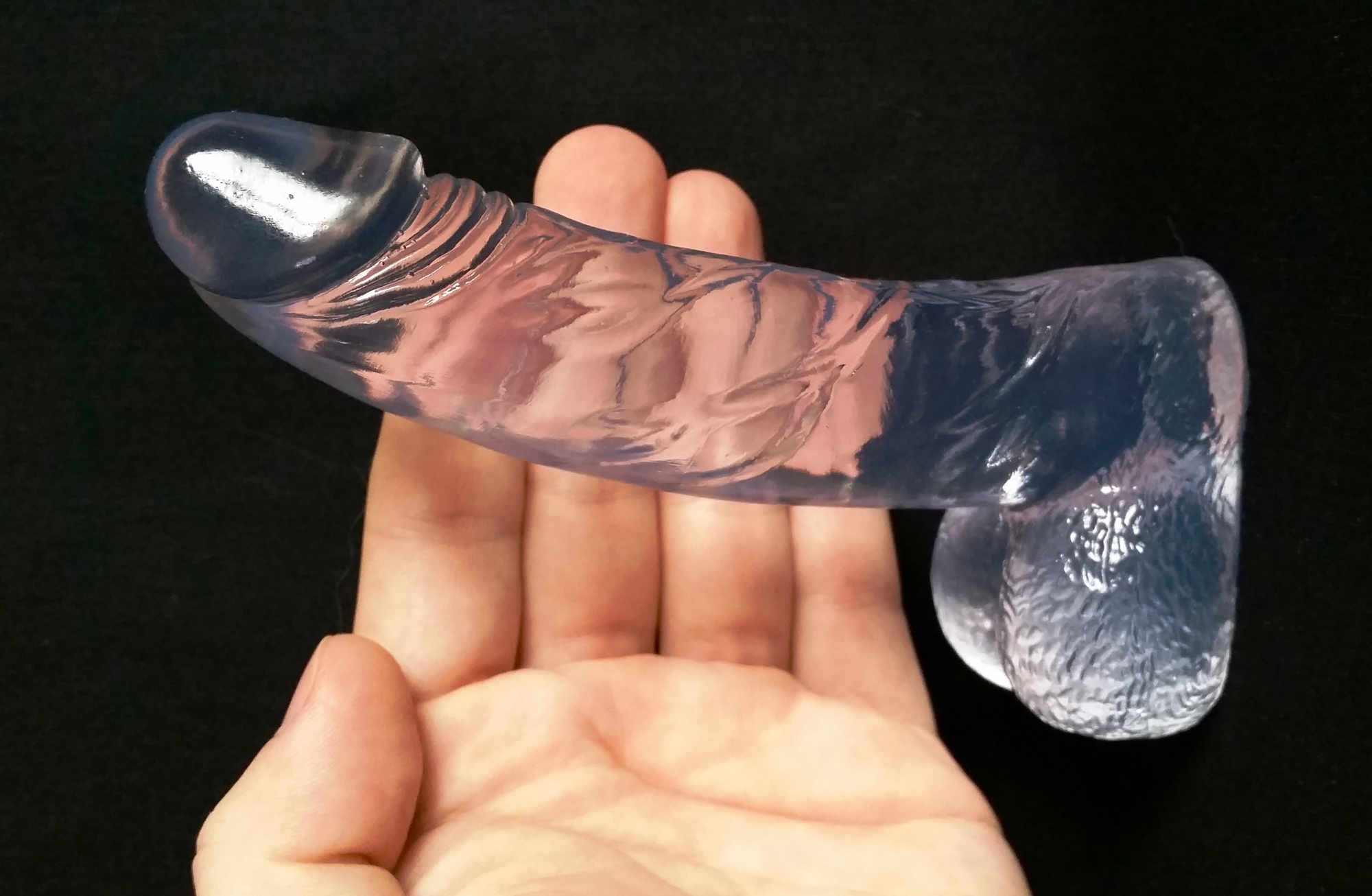
"Some sex toys contain phthalates, a chemical that is used to make plastics flexible," said Cavanah. "It’s been found to be a hormone disruptor, and Babeland banned all products containing phthalates many years ago."
Toys made of jelly rubber are also porous, added Cavanah, "which means they can harbor bacteria, too."
“The best way to tell if a toy is made of safe material is if you open the box and you can smell the plastic," said Strgar. "Just think — that’s going in your vagina."
Oil-based lubricants
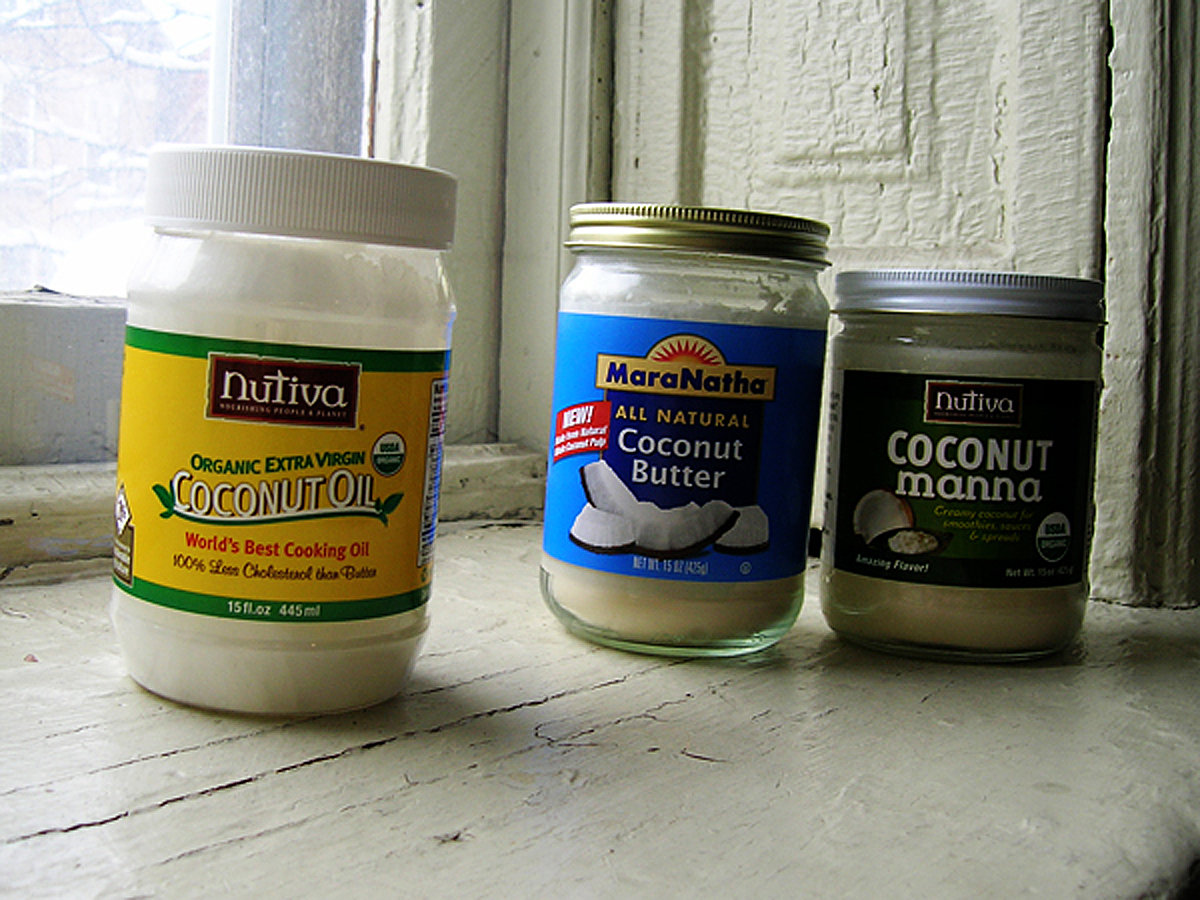
As a sexual medicine expert, Dr. Streicher warned that you can't use any old lubricant during sex. "Oil- and petroleum-based lubricants aren't condom-compatible," she said; these substances can wear down the latex, making them less effective.
Not all lubes are created equally, she noted. "I have a whole chapter devoted to lubricant in my book."
What you should use instead is a water- or silicone-based lubricant, like Wet Platinum or Replens Silky Smooth, which is more slippery and lasts longer.
Lubes containing parabens, Nonoxynol-9, or petrochemicals
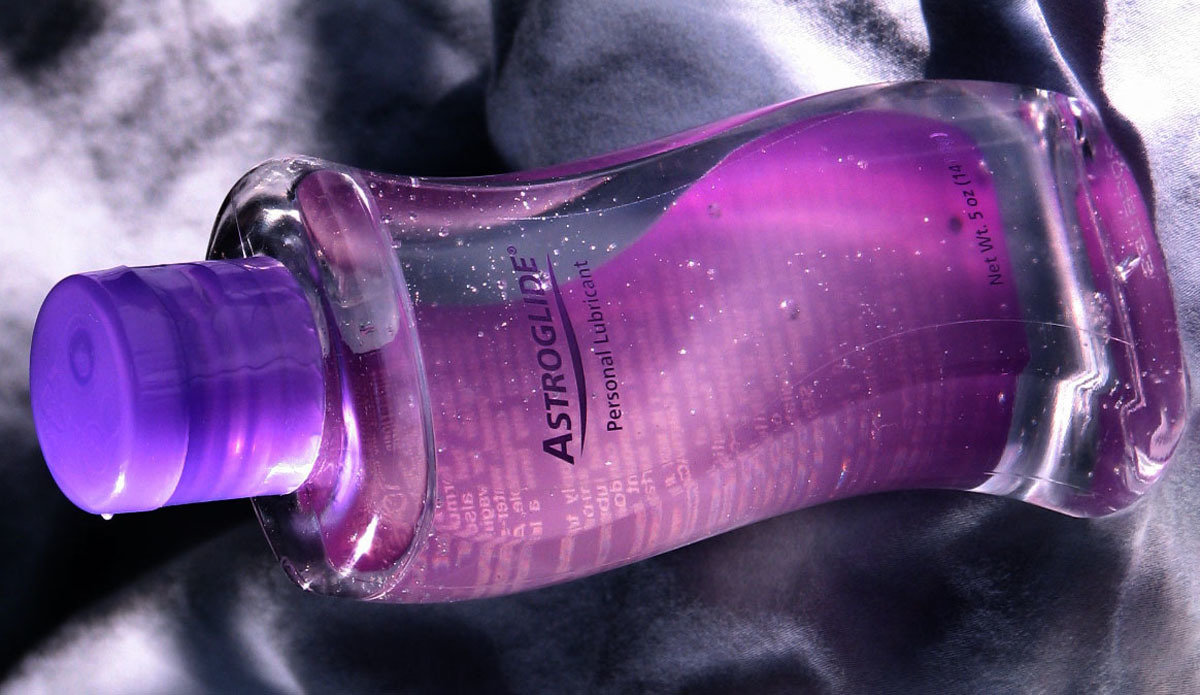
Many health and sex experts warn against the use of products with parabens — and that includes lubricants.
"There have been some concerns about how [parabens] impact hormones," said Cavanah. And as for N-9: "It can cause tiny micro-tears in the mucous membranes of the vagina and anus, so instead of protecting people from HIV, lubes with N-9 can actually create a greater risk."
Strgar was especially vocal about petrochemicals. "KY, Astroglide — it’s all made with really heavy chemicals," she said, which can sometimes lead to bacterial vaginosis. "You want your intimacy products to provide more glide, but not disturb the natural equilibrium of your body."
Fruits and vegetables
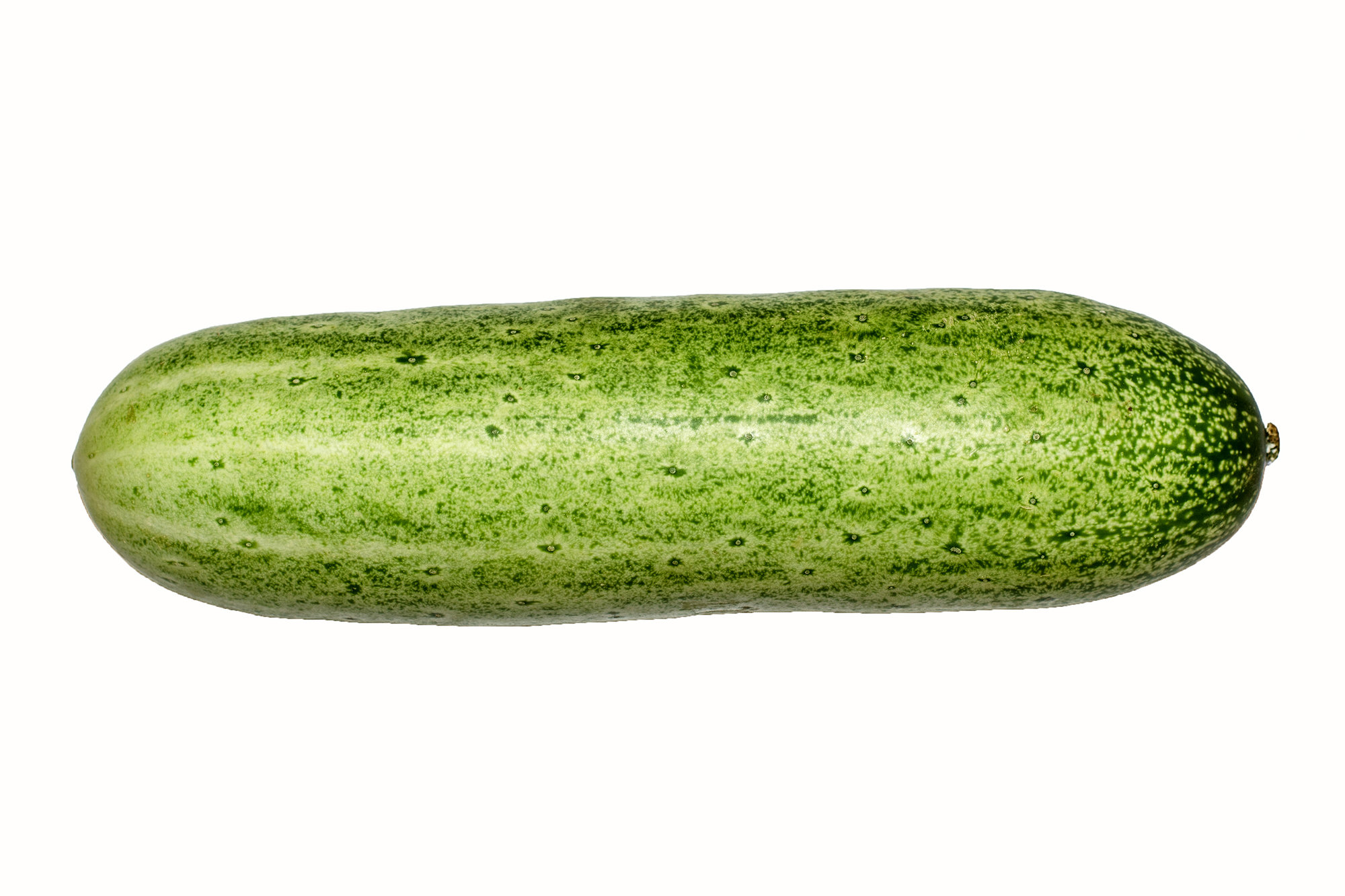
Fruits and vegetables as sex toys sound like they should be the first rule in "Sex DON'TS 101," but Dr. Streicher said they're actually perfectly fine to use — but not by themselves.
"If you're going to use a banana, a cucumber, a carrot, whatever, put a condom on it because it can break off inside of you and get stuck, or it can scratch."
Lambskin condoms

If you have a latex allergy, lambskin is a perfectly fine condom alternative to use, but only to prevent pregnancy.
Lambskin condoms "don’t protect against the transmission of STDs or HIV," Cavanah said. Unlike latex, lambskin has tiny pores that can still allow viruses like HIV and herpes through. Yikes.
Sex toys NOT intended for anal use... during anal
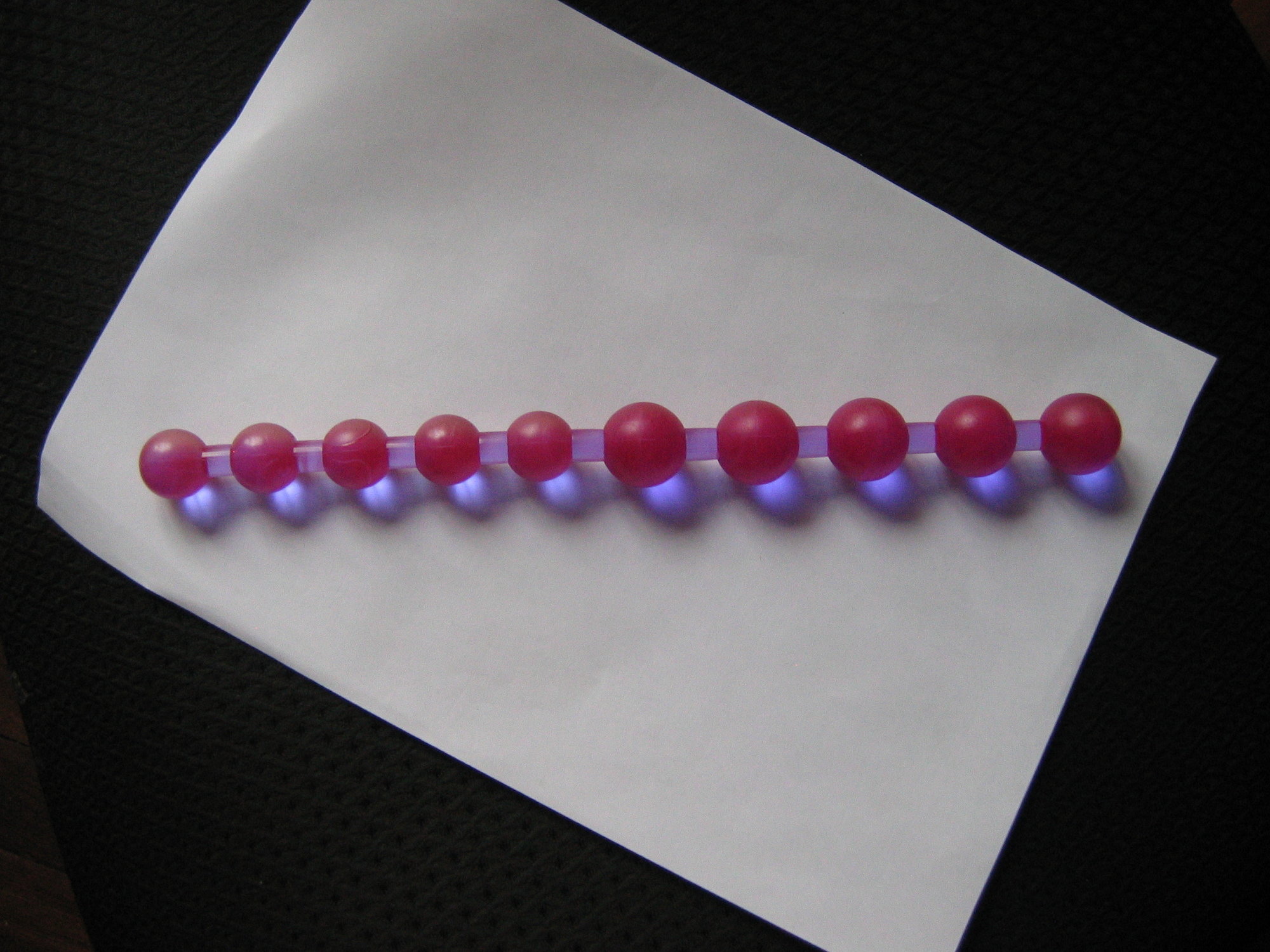
"Flared bases are the rule when it comes to anal sex," said Cavanah. "[The anus] isn’t a closed part of the body like the vagina, and things can travel," unless they have something keeping them put. If it's not designed for anal play, it shouldn't be used during anal play.
“There are so many high-end toy companies around right now, and if you can find one of those companies that’s making a nice, silicone toy" — for vaginal or anal use — "that’s what you want to go to, just in terms of safety,” said Strgar.
Technically, "the rectum is not designed for intercourse," noted Dr. Streicher, and the tissue can tear. But if you're going to use anything anally, "listen to your body," she said. "If it hurts, there's a reason it hurts."



